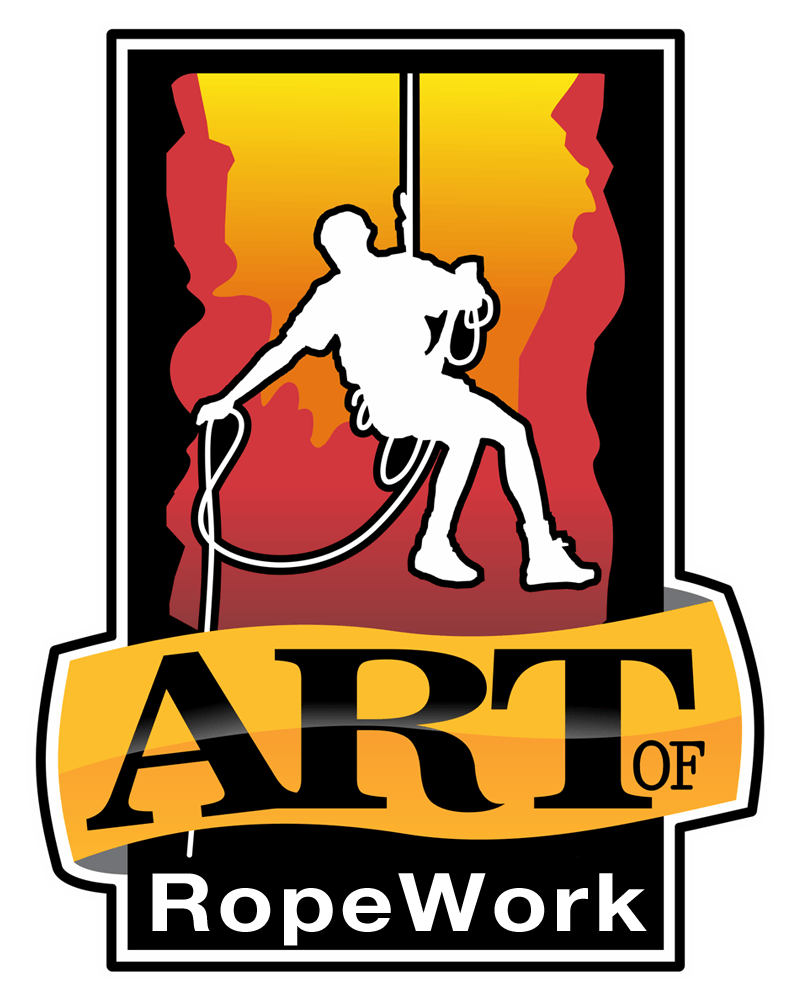Professional Canyoneering Training & Technical Rescue Instruction
Your Instructor and Mentor,
Rich Carlson
I train outdoor professionals and enthusiasts to lead safely and execute rescues using improvisational problem-solving and ultralight systems.

Totem branded gear for canyoneers, outdoor enthusiasts and rescue professionals who live the lifestyle.
KNOWLEDGE BASE

Learn online with our searchable collection of technical articles and learning resources. Meticulously curated by Rich Carlson from 35+ years of real-world scenarios to insure the relevance and quality of the information to elevate your learning experience.
Follow the category links in the footer of any page on our site to quickly find articles of specific interest to you.
THE TOTEM
The original Totem is the ‘Swiss Army Knife’ of rigging devices. Deceptively simple looking, the Totem is remarkably versatile. Use it for belaying, releasable rigging and hauling systems, or as a rigging plate. Use it for rappelling – it’s simple to add friction mid-rappel and simple to lock off. You can even ascend with it.
Designed by ART of RopeWork instructor Rich Carlson and produced by Rock Exotica, the Totem is available worldwide through your local Rock Exotica dealer or directly from Rock Exotica.

CANYONEERING KARMA

This project exists to serve;
Canyoneering Karma is a community, a podcast, a social media group, and more. It is also the theme for a series of ongoing service projects and it is a mindset – using canyoneering as a vehicle for making a difference in the lives of people.
Canyons are magical places of stone and water that captivate and inspire visitors. Canyoneering is an adventure sport that involves descending canyons by hiking, wading, swimming, climbing and rappelling – often over spectacular waterfalls. It is common for those who experience it to realize profound changes in the way they relate to the natural world and how they choose to live their lives. #canyoneeringkarma
LET'S CONNECT
Phone: +1 435.263.8905
Cedar City Utah USA
Message me on WhatsApp for the quickest response. Follow me on YouTube and Instagram.
Join the Canyoneering Karma community. Subscribe for training news, pro tips, and exclusive content.
© Copyright Canyons & Crags









